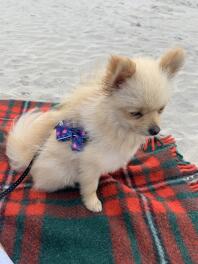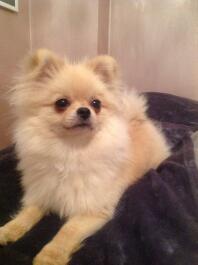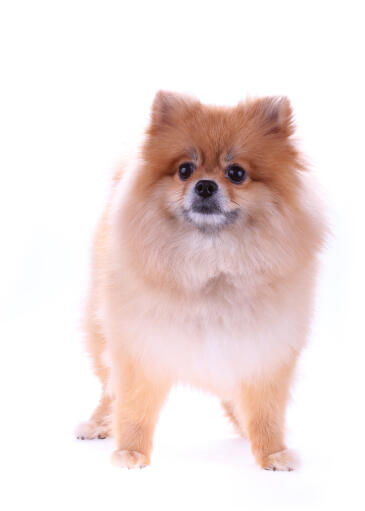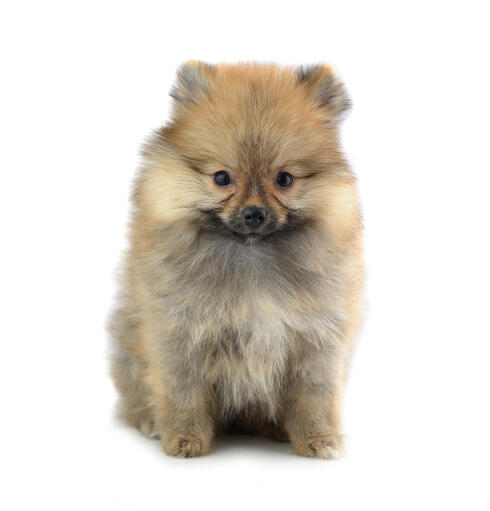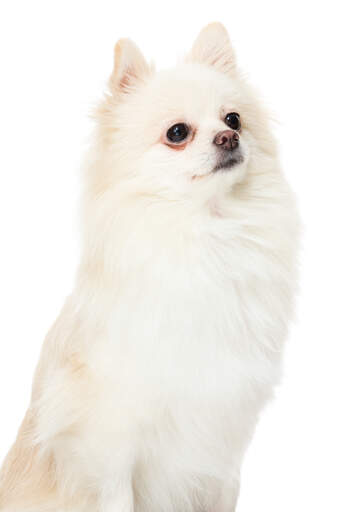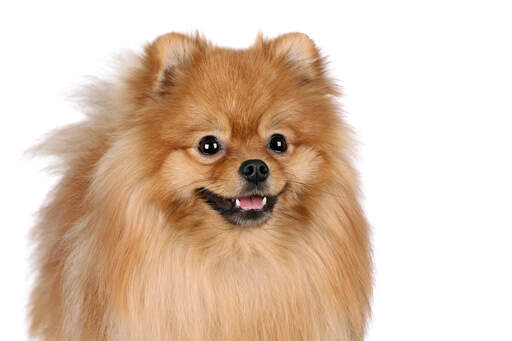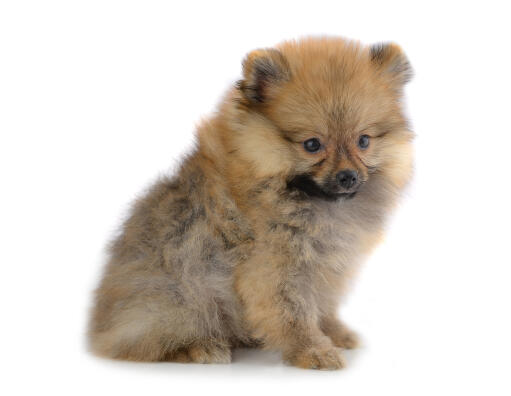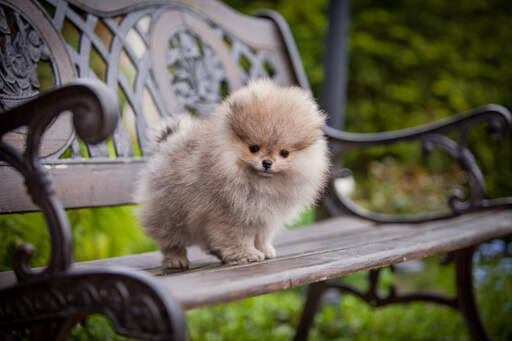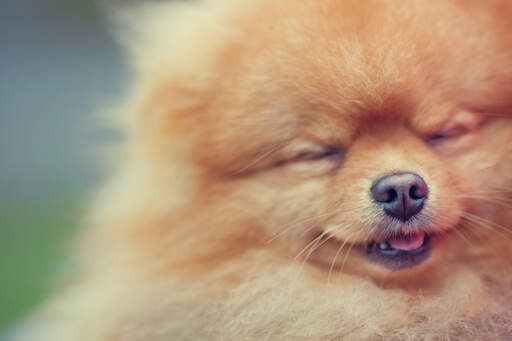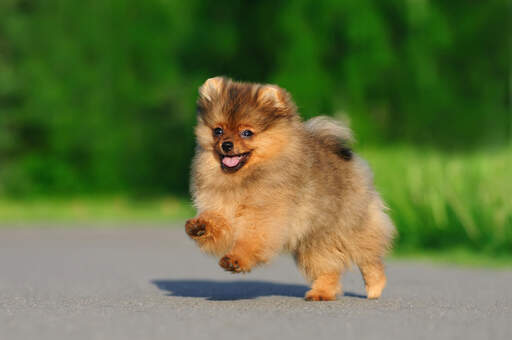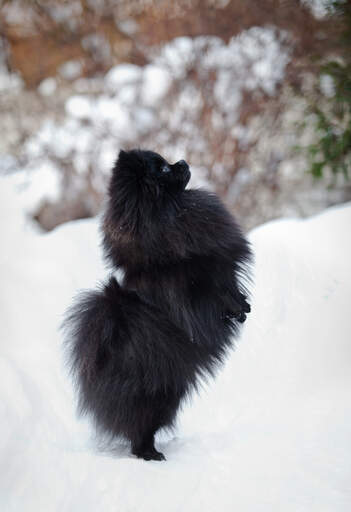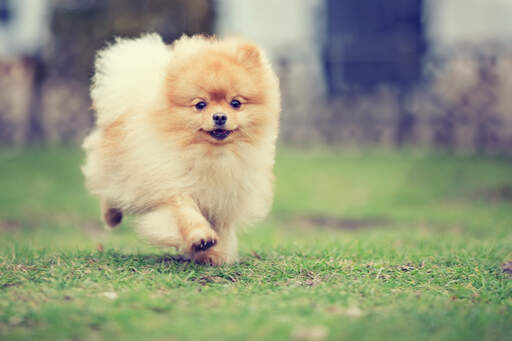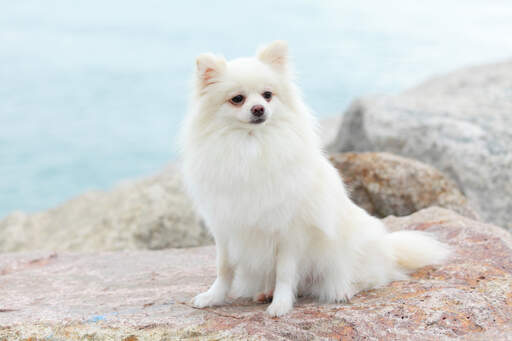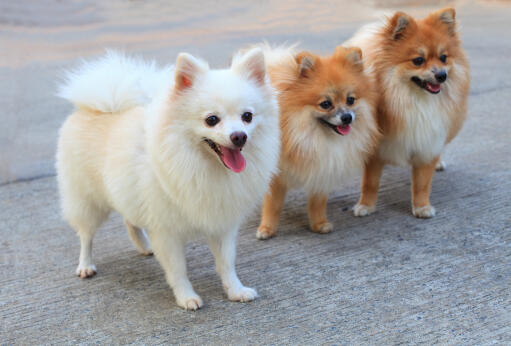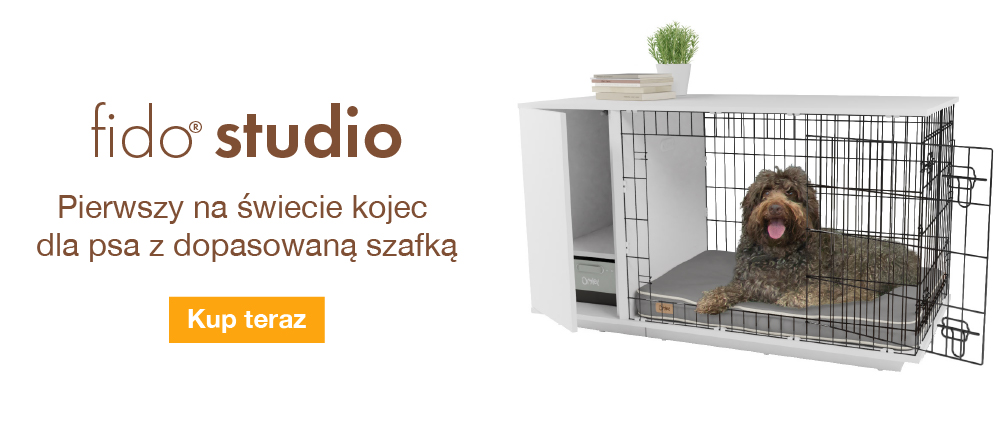Pomeranian Dogs












Historia i wygląd
The Pomeranian originates from Pomerania (Poland/Germany) and is believed to be descended from the German Spitz. Smaller puppies were selected to encourage the miniaturisation of the breed. They are also known as Zwergspitz (dwarf Spitz), Pom or Pom Pom dogs. The breed became popular in the 18th century and one famous Pomeranian follower was Queen Victoria.
Zachowanie i hodowla
Pomeranians are alert, active little dogs, who like to have their nose in everyones business. They are playful and bouncy and like to be around you the whole time. Not so much a 'one man dog' as they like attention from everyone, but they can be protective of their owners when strangers are present, so early training, introducing them to lots of people in the home is important. They are very intelligent and easy to train, they like to keep their brain occupied, so tricks and games will never fail to keep them busy. Many do well in obedience training and agility, as they love pleasing their owners. Poms like to cuddle up to you and make great lap dogs. They are sometimes used as therapy dogs due to their friendly nature and fondness of cuddles. They use their intelligence to get want they want and do need a firm hand when training, otherwise they will try and rule the roost. For such a small dog, they have a large personality and think they are bigger than they actually are. They can sometimes get into trouble with larger dogs, so easy socialisation is vital.
Pomeranians are usually okay with other pets if brought up together, but can be wary of strangers at first. They are very confident and even cocky at times. They can become protective of the home and will bark at the slightest noise. Being sensitive to change, means that they aren't good at being left alone for long periods. Toys that make them think can help, such as a food filled Kong or similar will help, but you need to build it up slowly. They can be destructive and bark a lot if left for too long.
They don't need much exercise as a rule and are happy running around the garden, but like all breeds a short daily walk, breaks the monotony of regular surroundings. Health wise, they don't really suffer many problems. The only slight problem could be Patellar luxation, which causes the knee cap to slip in and out, a common problem in smaller dogs. Pomeranian's tend to shed a fair amount of fur. Trimming and regular grooming will keep the coat looking its best.
Temperament
Pomeranian possess a cocky and inquisitive temperament. They are curious little dogs who enjoy a good game usually whilst making lots of noise. A proud and independent breed it is important that you assert yourself as the boss from day one or risk having a disrespectful bratty prince of a dog. Most are happy with other pets but will show disinterest in strangers.
Problemy ze zdrowiem
Health problems that may affect Pomeranians include bone fractures, choking, patellar luxation (dislocation of the knee cap), progressive retinal atrophy (PRA: degeneration of the retina which can lead to blindness), heart disease and skin disease.
Informacje o rasie
- Status: Rasa powszechnie spotykana
- Długość życia: 12 - 16 years
- Waga: 1.9 - 3.5 kg
- Wysokość: 8 - 11"
- Bardzo rzadka rasa.: Nie
- Sierść: M
- Wymagania co do sierści: Częściej niż raz w tygodniu
- Miasto lub gmina: Either
- Minimalny rozmiar domu: Płaska
- Minimalny rozmiar ogrodu: Brak ogrodu
- Typ rasy: Pies do zabawy
- Rozmiar: S
- Poziom energii: wysoki
- Wymagane ćwiczenia: Do 30 minut
Pomeranian Pictures
